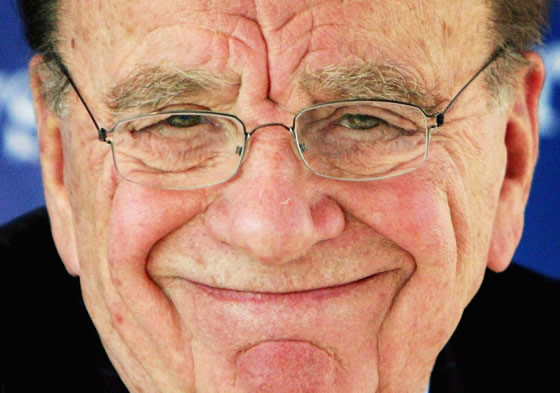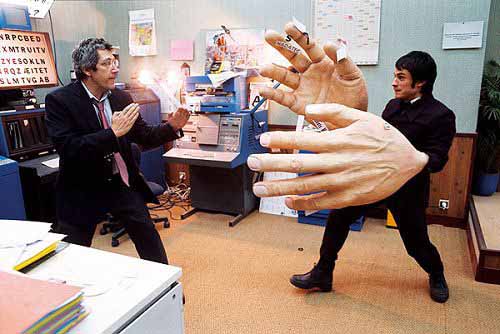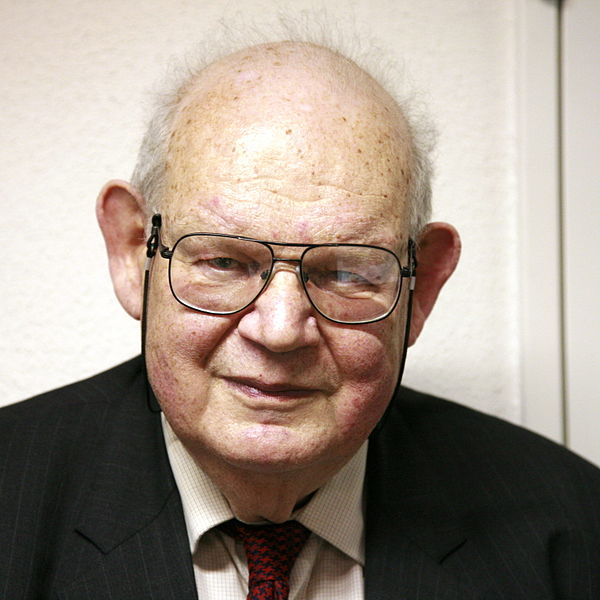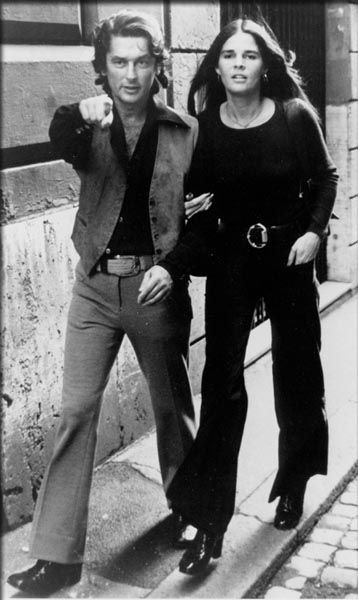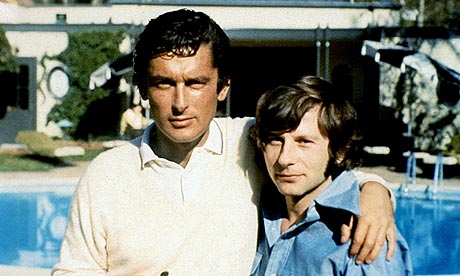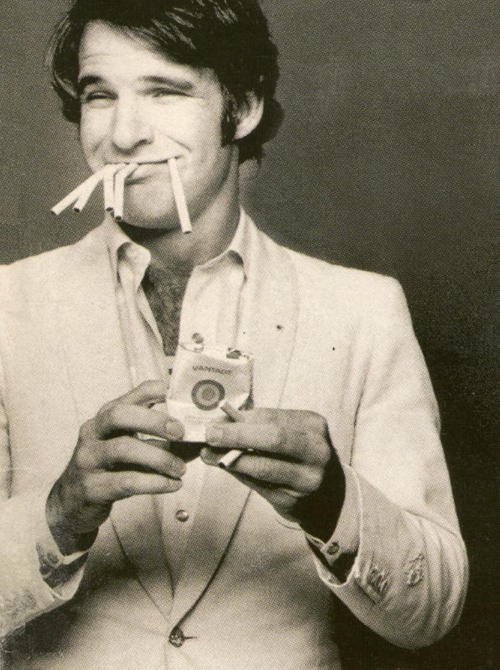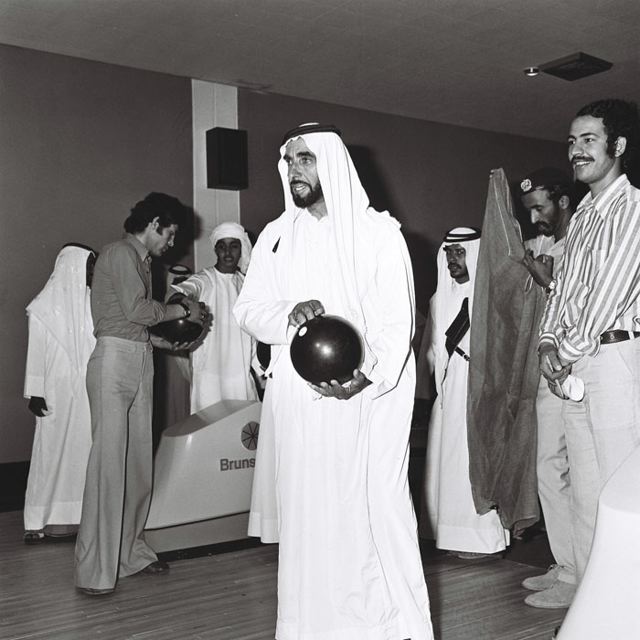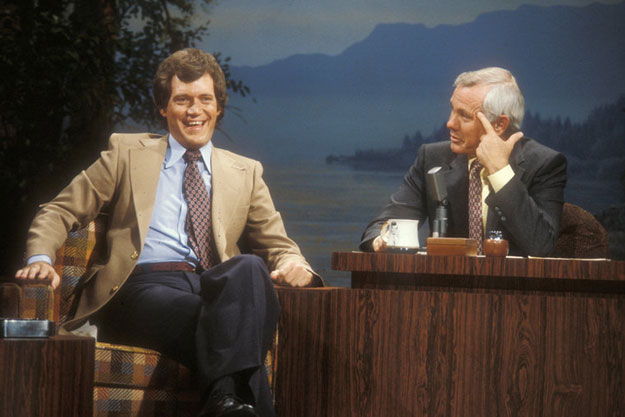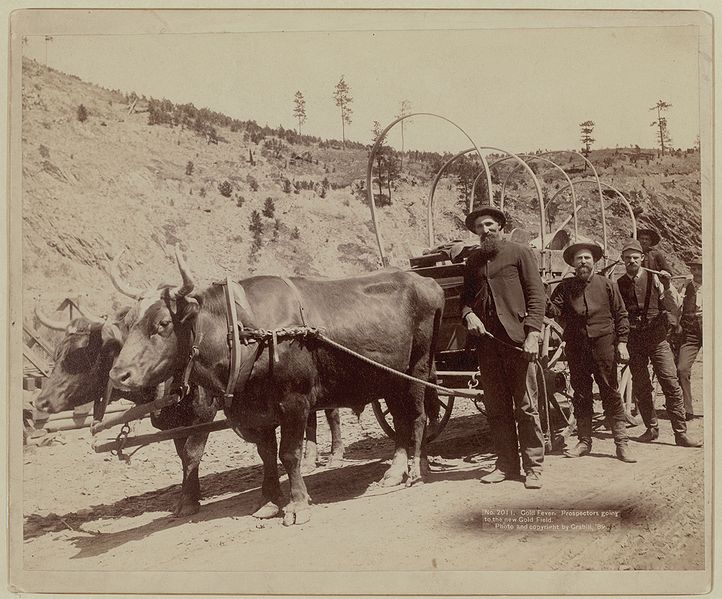
Economist Tyler Cowen suggests that video games are the low-hanging fruit of education, and that’s probably true. There are financial hurdles to overcome, but it would be great if textbooks were interactive and engaging. Game isn’t bad because they’re games, and we should probably stop resisting their allure on an institutional level and make them work for us. Of course the limitation of history books applies to gaming as well: The education is only good as the veracity and objectivity of the story being told.
A small step into the educational camp is being attempted by Navid Khonsari, a Grand Theft Auto veteran who’s trying to raise money to create a video game about the Iranian Revolution of 1979. He acknowledges it’s still mostly about entertainment, but it is ambitious and aims to show people what Iran wasactually like in the 1970s before the veil was lowered.
Brief aside: I can’t help but think that Iran is worse for the Revolution, for all the smart people who fled, for the assault on cultural modernity, for the repression of women, for the way it’s become isolated from many corners of the world. Of course, the U.S. should never have been sabotaging any foreign government and installing leaders friendly to us, but it feels like Iran lost decades of progress to its uprising. Of course, my version of the video game might differ from yours.
From Amanda Holpuch’s Guardian article about Khonsari’s project:
“One of the people behind some of the most popular – and violent – video games has left the world of Grand Theft Auto and developed a game prototype based on the Iranian revolution.
Since Navid Khonsari began work on the game, called 1979 Revolution, it has been labeled Western propaganda by an Iran government-run newspaper and some members of his team still use aliases to protect themselves from the repercussions of creating a video game based on a controversial event that has persistent reverberations today. Khonsari launched a Kickstarter on Wednesday, hoping to take the game from a prototype to tablet-ready, episodic series.
‘I wanted people to feel the passion and the elation of being in the revolution – of feeling that you could possibly make a change,’ said Khonsari, who moved from Iran to Canada at age 10, just after the revolution. He remembers his grandfather walking him through the early protests in Tehran.”•
_______________________________
Life in Tehran just before the revolution:



